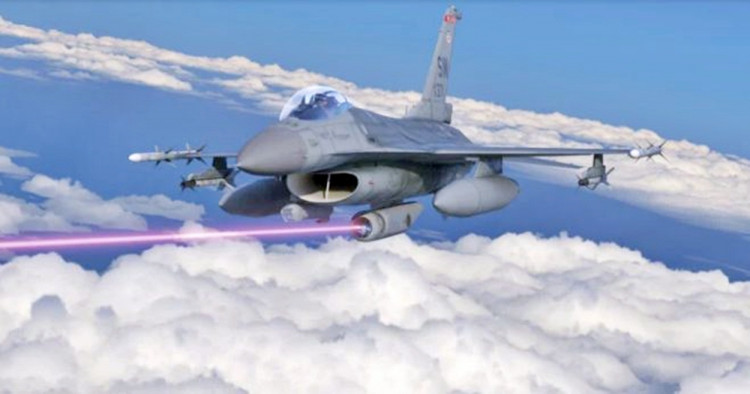In a remarkable incident of aerial emergency response, a U.S. F-16 fighter jet encountered an in-flight emergency and subsequently crashed into the Yellow Sea off the coast of South Korea. The pilot, however, managed to safely eject from the aircraft and was rescued in a stable condition.
This incident, which occurred on Monday morning, involved an F-16 Fighting Falcon assigned to the 8th Fighter Wing from Kunsan Air Base, located in Gunsan, South Korea. The base confirmed that the pilot experienced the emergency around 8:43 a.m. local time, leading to the ejection and crash.
In a testament to the rapid response and cooperation between the U.S. and South Korean forces, the pilot was promptly recovered by the Republic of Korea Maritime Forces. The pilot, whose identity remains undisclosed for security reasons, was described as "awake and stable" following the rescue operation. This successful recovery operation was highlighted by 8th Fighter Wing Commander Col. Matthew C. Gaetke, who expressed gratitude for the assistance of South Korean allies in ensuring the pilot's safety.
The specific cause of the in-flight emergency has not been determined and remains under investigation. The Air Force has committed to a thorough investigation to ascertain the root cause of the incident, with details to be released upon the investigation's completion.
This incident is part of a series of recent events involving U.S. military aircraft. Just last month, another grave occurrence was reported when a U.S. military Osprey aircraft tragically crashed into waters off the coast of Japan, resulting in the loss of all eight U.S. airmen on board. The ongoing recovery operations have seen U.S. Navy divers retrieving the remains of the crew, with the search for two missing members still underway.
The crash of the F-16 into the Yellow Sea, while not resulting in any loss of life, raises questions about the safety and reliability of such advanced aircraft and highlights the inherent risks associated with military aviation. The incident also underscores the critical importance of emergency response protocols and the value of international cooperation in such situations.
As investigations into the cause of the F-16 crash proceed, the focus remains on the wellbeing of the rescued pilot and the ongoing efforts to enhance safety measures for military aviation operations. The U.S. Air Force, along with its South Korean counterparts, continues to prioritize the security and effectiveness of their joint missions, ensuring preparedness for any such emergencies in the future.




